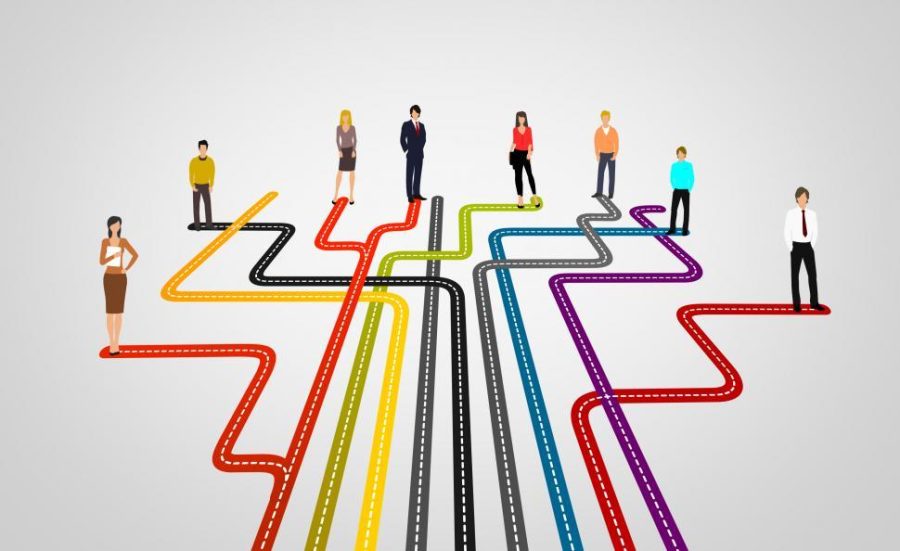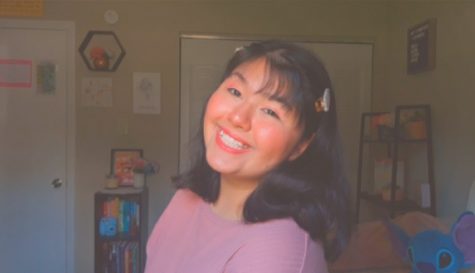Alternative Careers and Public Education
Jack Moreh from free range stock
This photo represents the different pathways one can go when deciding a career.
October 19, 2021
Careers make up who we are and what we accomplish. In high school, the main goal is to work your way up to the thought of what you are going to do after senior year. Senior year is when everything comes together, and it also serves as the foundation for your new future after you cross the stage at graduation. As the months go on, we have to piece together our lives with these steps we complete to get the bigger picture of things. The privilege of choice is one that most of us take for granted during these challenging times.
Throughout the 8-10 months of the year, we have the option to choose from many pathways, including medicine, teaching, agriculture, business, media, consumerism, and science. These are the ones that most people go for, because, as sad as it may be, they do pay better than some of the other lesser-known careers out there. We must show students that they are not limited to these specific options that public schools promote, but better yet, the upsides of other manageable ones. As the hair and makeup industry is not seen as a steady income due to the sexism that lingers around the topic, we aren’t shown much of what one student can accomplish once they enter the field. There are many jobs one can do in the cosmetics industry alone. You can go from anything as a hairstylist or makeup artist to CEO of brands such as Tarte, Too Faced, Fenty, etc. Other fields that don’t get the spotlight would be mechanical fields such as car mechanics, air technicians, and electricians. The technology field is much more than what we think and it’s important we understand how expansive it is. As much as jobs like the ones we learn about are important, it’s also important to shine a light on the ones who don’t get as much attention as the main ones do.
However, as we see progress in the workforce, lots of problematic behaviors still influence the thoughts of executives. Many are still subjected to the idea that women should only be allowed certain jobs and opportunities. The working class is not just limited to the sexism that controls it, but also limited to the insight we see from how public schools showcase it.


